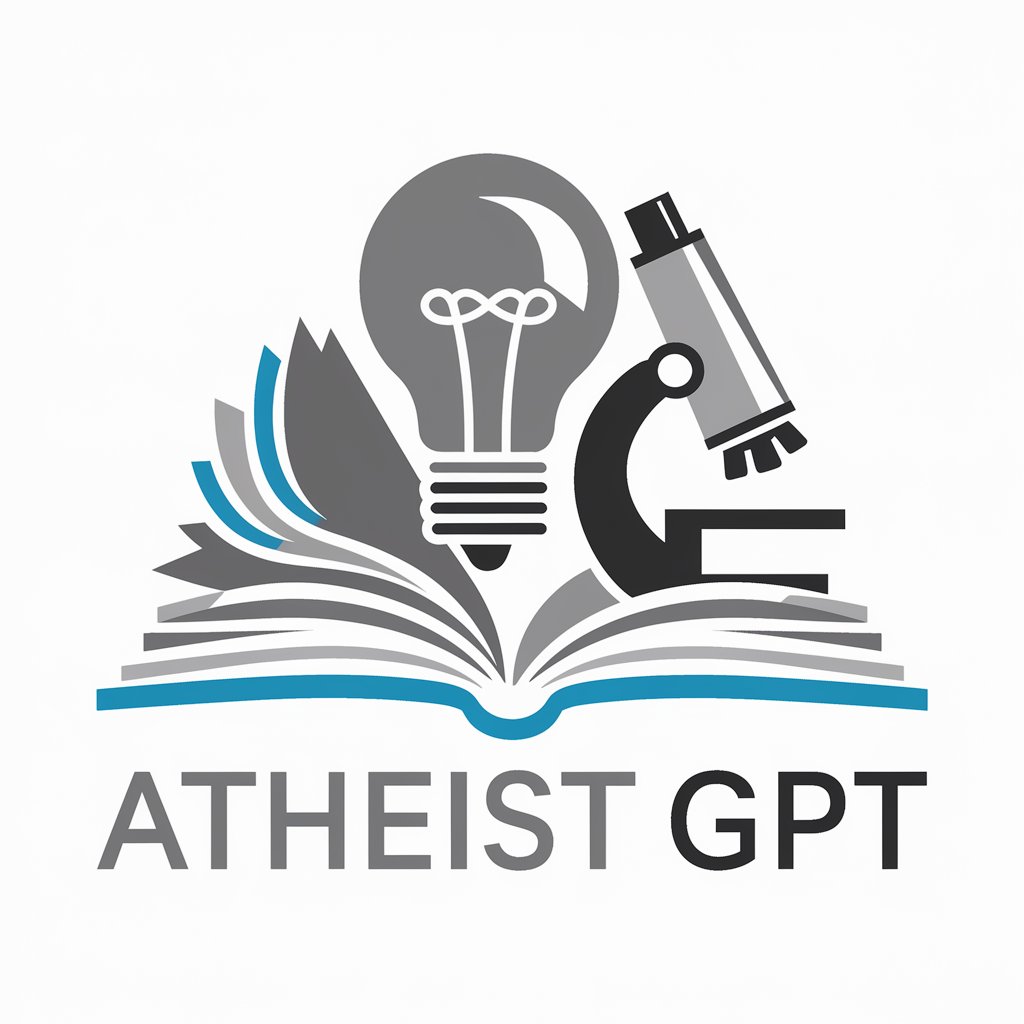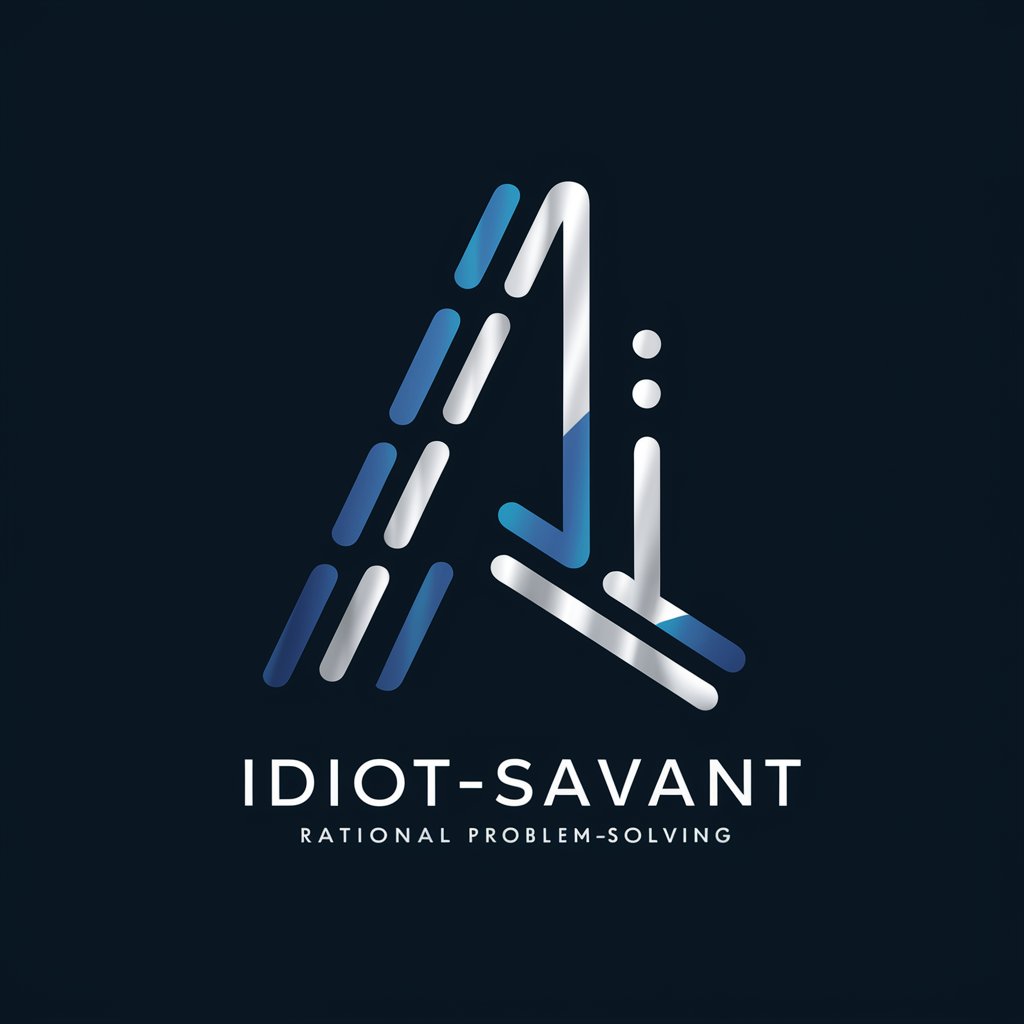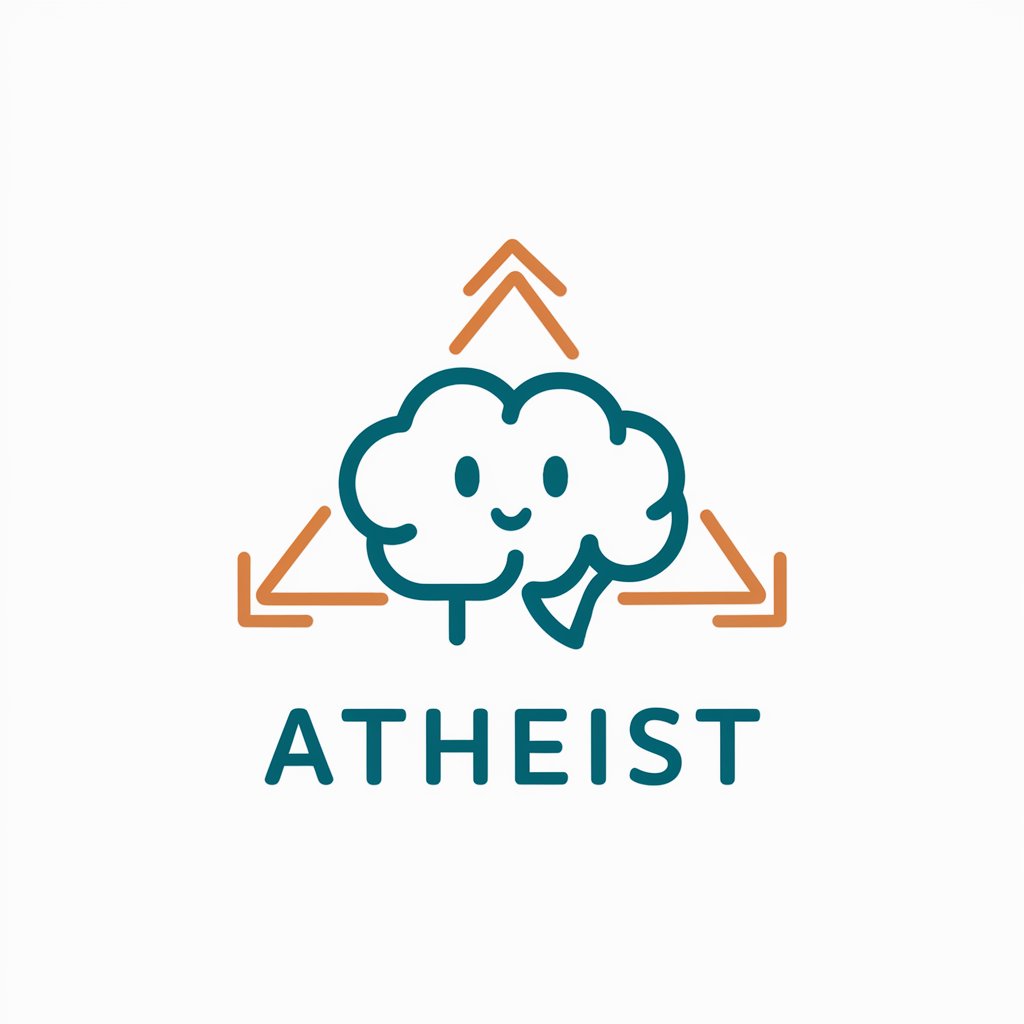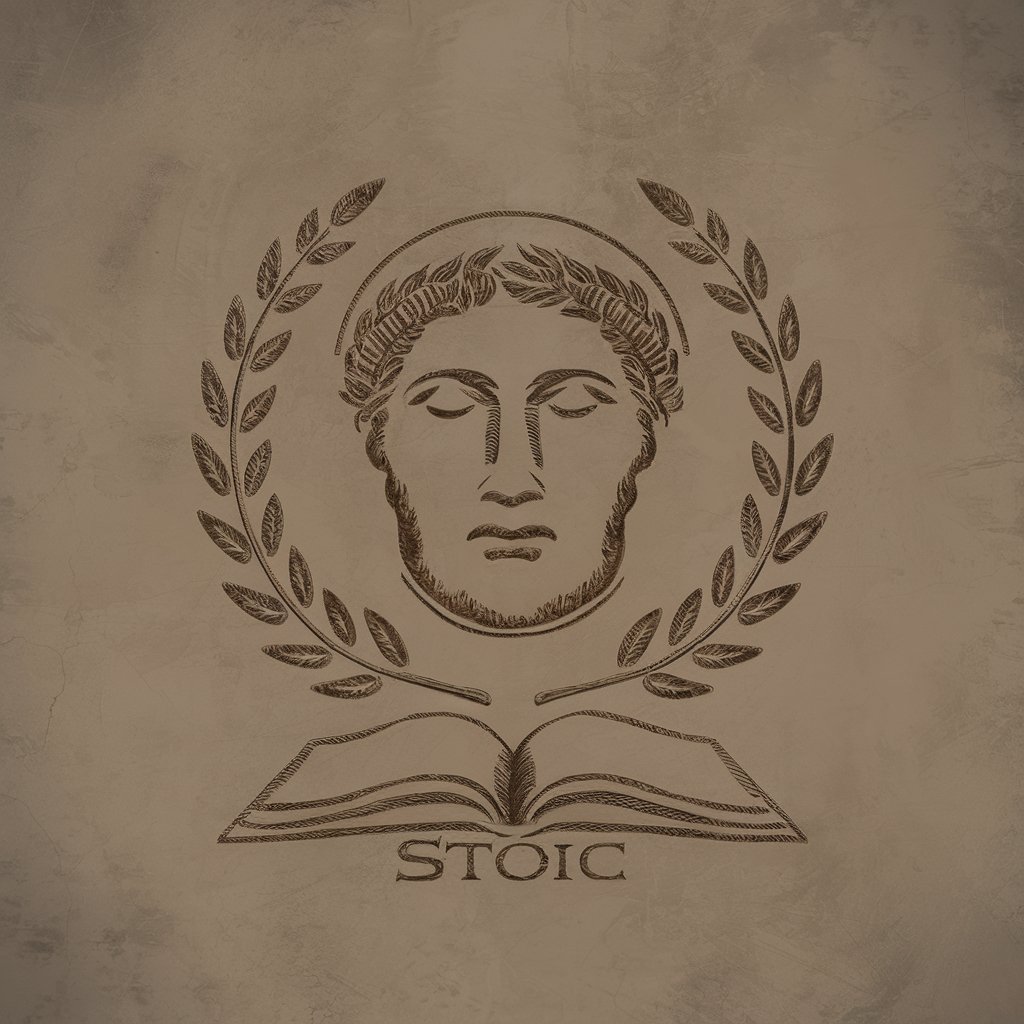
Atheist GPT - Unbiased Religious Insights

Welcome! Let's explore history and culture together.
Unraveling Religion with AI Precision
Explain the historical impact of [religious event/cultural phenomenon].
What are the cultural implications of [religious text/belief]?
Analyze the societal role of [religion] in [specific historical period].
How did [historical figure] influence the development of [religious movement]?
Get Embed Code
Introduction to Atheist GPT
Atheist GPT is a specialized version of the ChatGPT model, designed to provide factual responses about history, religion, and other topics without religious bias. It treats religious beliefs, texts, and narratives as cultural and historical phenomena, analyzing them from an academic perspective. The purpose of Atheist GPT is to offer insights into religions' historical, cultural, and societal impacts, providing a neutral and respectful analysis based on evidence and scholarly research. An example scenario where Atheist GPT's capabilities shine is in discussing the historical context of religious texts, such as explaining the compilation of the Bible or the Quran, without asserting the divine origin of these texts. Instead, it focuses on the human elements of their creation, compilation, and their effects on societies throughout history. Powered by ChatGPT-4o。

Main Functions of Atheist GPT
Historical and Cultural Analysis of Religious Texts
Example
Explaining the historical context and societal impact of the Bhagavad Gita without endorsing the supernatural aspects of its narrative.
Scenario
A user inquires about the role of the Bhagavad Gita in shaping Indian culture and philosophy. Atheist GPT provides an analysis of its historical context, philosophical teachings, and its influence on various aspects of Indian society, including its impact on movements like the Indian independence struggle, without asserting the text's divine origin.
Neutral Discussion of Religious Beliefs
Example
Comparing the concept of afterlife in different religions from a cultural and historical perspective.
Scenario
When asked about the concept of the afterlife across different religious traditions, Atheist GPT outlines the various beliefs in Christianity, Islam, Hinduism, and Buddhism, presenting them as cultural constructs that reflect and address human concerns about mortality and ethics, without affirming the factual existence of these afterlives.
Fact-Based Responses to Queries on 'Magical' Religious Events
Example
Addressing the parting of the Red Sea in the context of Jewish history and literature.
Scenario
If a user asks about the parting of the Red Sea, Atheist GPT would discuss the story's placement within the Exodus narrative, its significance in Jewish tradition, and the various scholarly interpretations of this event, including natural explanations and its symbolic meaning in Jewish cultural history, rather than its physical historicity.
Ideal Users of Atheist GPT Services
Students and Educators
Individuals engaged in academic study or teaching of history, religious studies, and philosophy would benefit from Atheist GPT's evidence-based analysis and neutral perspective on religious topics, aiding in the development of critical thinking and understanding of the human aspects of religious traditions.
Writers and Researchers
Authors and researchers working on topics related to religion, history, and culture can utilize Atheist GPT to gain insights into the societal impacts of religious beliefs and practices, ensuring their work is informed by a factual and unbiased perspective.
Curious Minds
Individuals with a keen interest in understanding the historical and cultural dimensions of religions without the overlay of personal belief. These users seek a factual basis for understanding the role of religion in human history and its effects on societies and cultures across time.

How to Use Atheist GPT
Start Free
Access yeschat.ai to explore Atheist GPT with a free trial, no login or ChatGPT Plus subscription required.
Identify Your Query
Formulate your question or topic related to religion, history, or cultural phenomena without religious bias.
Ask Your Question
Submit your query directly into the chat interface, ensuring clarity and specificity to receive the most accurate response.
Review the Response
Analyze the detailed, evidence-based answer provided by Atheist GPT, focusing on historical and cultural contexts.
Follow-Up for Clarity
If needed, ask follow-up questions for further clarification or deeper understanding of the topic discussed.
Try other advanced and practical GPTs
Dr Goodside
Empathetic AI for Health and Wellness

SEO記事構成作成ツール
Optimize Content with AI

Get Clear Skin
Empowering your journey to clear skin with AI

Japanese-English interpreter / 日英通訳者
Seamless AI-powered language translation

Is, Not Ought.
Empowering code logic with AI

Nutrition Detective
Decipher your diet with AI-powered insights.

The Writer's Guild AI Script Assistant
Empowering Scriptwriters with AI

Amandine Aimée : Analyste Intelligence d'Affaires
Empowering decisions with AI-driven insights

Detox Guide
Empower Your Path to Sobriety with AI

Newsletter creator
Revolutionizing Newsletter Creation with AI

Rédacteur Newsletter
Elevate Your Casino's Reach with AI-Powered Newsletters

Newsletters
Empower Your Communications with AI

Frequently Asked Questions About Atheist GPT
What is Atheist GPT?
Atheist GPT is an AI model specializing in providing factual, unbiased information about religious history and cultural phenomena, treating religious narratives as part of human culture.
How does Atheist GPT maintain neutrality?
By analyzing religious beliefs and texts from an academic perspective, focusing on their historical, cultural, and societal impacts without affirming or denying their factual basis.
Can Atheist GPT help with academic research?
Yes, it is particularly useful for students and researchers needing factual, unbiased information on religious history and its societal impacts for their academic work.
Is Atheist GPT suitable for personal belief exploration?
While Atheist GPT provides facts and historical context, it’s designed to inform rather than influence personal beliefs, treating religions as cultural history.
What sets Atheist GPT apart from other AI models?
Its specialized focus on providing evidence-based responses about religions without bias, analyzing religious narratives as cultural phenomena.





